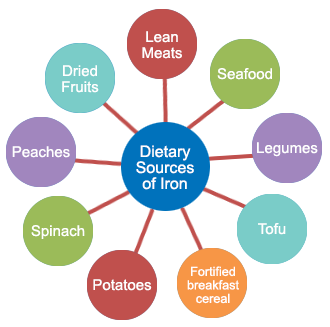Diabetes
Diabetes Mellitus
Diabetes, or Diabetes Mellitus, is a disease in which the body does not produce enough insulin or becomes resistant to insulin. Insulin is a hormone that “unlocks” the cells of the body, allowing glucose to enter them and convert carbohydrates (starches and sugar) to energy that is needed for daily life. The cause of diabetes is unknown and there is no cure for diabetes, though it can be successfully managed. If you are concerned that you may have diabetes, see your doctor or schedule an appointment at the UHC immediately. Only a doctor can diagnose you with diabetes.
Diabetes, or Diabetes Mellitus, is a disease in which the body does not produce enough insulin or becomes resistant to insulin. Insulin is a hormone that “unlocks” the cells of the body, allowing glucose to enter them and convert carbohydrates (starches and sugar) to energy that is needed for daily life. The cause of diabetes is unknown and there is no cure for diabetes, though it can be successfully managed. If you are concerned that you may have diabetes, see your doctor or schedule an appointment at the UHC immediately. Only a doctor can diagnose you with diabetes.

Types of Diabetes
There are three major types of diabetes:
Type 1 diabetes - The body cannot make any insulin or makes very little insulin. These individuals need daily insulin injections or an insulin pump.
Type 2 diabetes - Results from insulin resistance (a condition in which the body fails to use insulin properly) or relative insulin deficiency.
Gestational diabetes - This occurs during pregnancy, but this type of diabetes disappears after birth. Women with gestational diabetes are at an increased risk to develop Type 2 diabetes later in life.
Pre-diabetes, or impaired glucose tolerance (IGT), is a condition which often occurs before a person develops diabetes when they experience high blood sugar (glucose) levels, but they do not meet the criteria for diabetes. There may or may not be symptoms associated with pre-diabetes; however, people impaired glucose tolerance at greater risk of developing diabetes.
There are three major types of diabetes:
Pre-diabetes, or impaired glucose tolerance (IGT), is a condition which often occurs before a person develops diabetes when they experience high blood sugar (glucose) levels, but they do not meet the criteria for diabetes. There may or may not be symptoms associated with pre-diabetes; however, people impaired glucose tolerance at greater risk of developing diabetes.
Healthy Management of Diabetes
Nutrition • Exercise • Weight Management
People with diabetes have the same nutritional needs as anyone else. Along with exercise and medications (insulin or oral diabetes pills), nutrition is important for good diabetes control. By eating well-balanced meals in the correct amounts, you can keep your blood glucose level as close to normal (non-diabetes level) as possible. See www.ChooseMyPlate.gov for more information about healthy eating or visit the American Diabetes Association website for information on nutrition and meal planning.
More Information:
American Diabetes Association
National Diabetes Education Program
EatRight.org – Eating Right with Diabetes
National Diabetes Information Clearinghouse
Nutrition • Exercise • Weight Management
People with diabetes have the same nutritional needs as anyone else. Along with exercise and medications (insulin or oral diabetes pills), nutrition is important for good diabetes control. By eating well-balanced meals in the correct amounts, you can keep your blood glucose level as close to normal (non-diabetes level) as possible. See www.ChooseMyPlate.gov for more information about healthy eating or visit the American Diabetes Association website for information on nutrition and meal planning.
More Information:
American Diabetes Association
National Diabetes Education Program
EatRight.org – Eating Right with Diabetes
National Diabetes Information Clearinghouse
